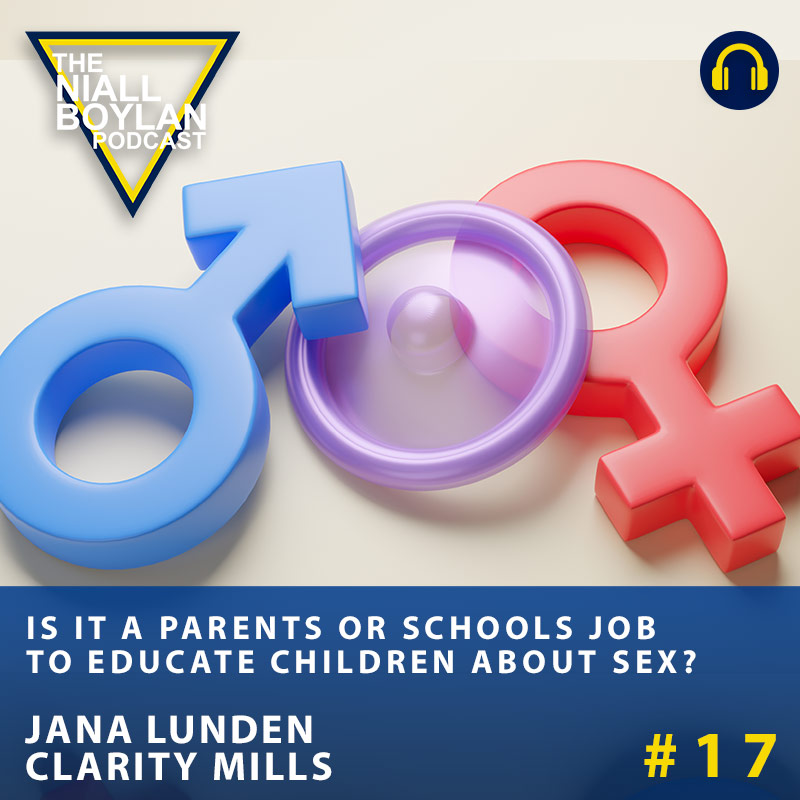
Free Speech: A Step Forward or Backward for Meta? Episode 339
-
play_circle_filled
Free Speech: A Step Forward or Backward for Meta? Episode 339
Niall Boylan
In this episode, Niall examines the latest free-speech policy changes at Meta, the parent company of Facebook and Instagram. Multiple news sources report that Meta plans to relax some of its content moderation rules, particularly around certain “offensive or hateful” remarks. According to recent statements, Meta aims to allow more “controversial opinions” to be shared, including posts that claim being transgender is a mental illness or that LGBT identities are “abnormal.” The company argues that this move is intended to foster open debate and reduce the perception of political bias in content moderation.
Some callers feel this change represents a step in the right direction. They argue that free speech is fundamental, even when it’s uncomfortable. Censorship, they say, doesn’t eliminate hateful views; it just drives them underground. By letting people express controversial opinions, Meta could encourage more open discussion. These callers believe the best way to counter harmful ideas is through debate, rather than simply banning them.
Other callers, however, see this as a step backward. They worry that allowing statements such as “transgenderism is a mental illness” or “LGBT people are abnormal” emboldens bigots and puts vulnerable communities at greater risk of harassment. For them, the point of moderation is to protect users from harmful content. Relaxed policies could normalize prejudice and make social media an even harsher environment for already marginalized groups.
Niall closes by highlighting the tension between preserving free speech and safeguarding individuals from hateful rhetoric. Listeners are left to weigh whether Meta’s decision will strengthen democratic values or erode them by enabling the spread of offensive content.








